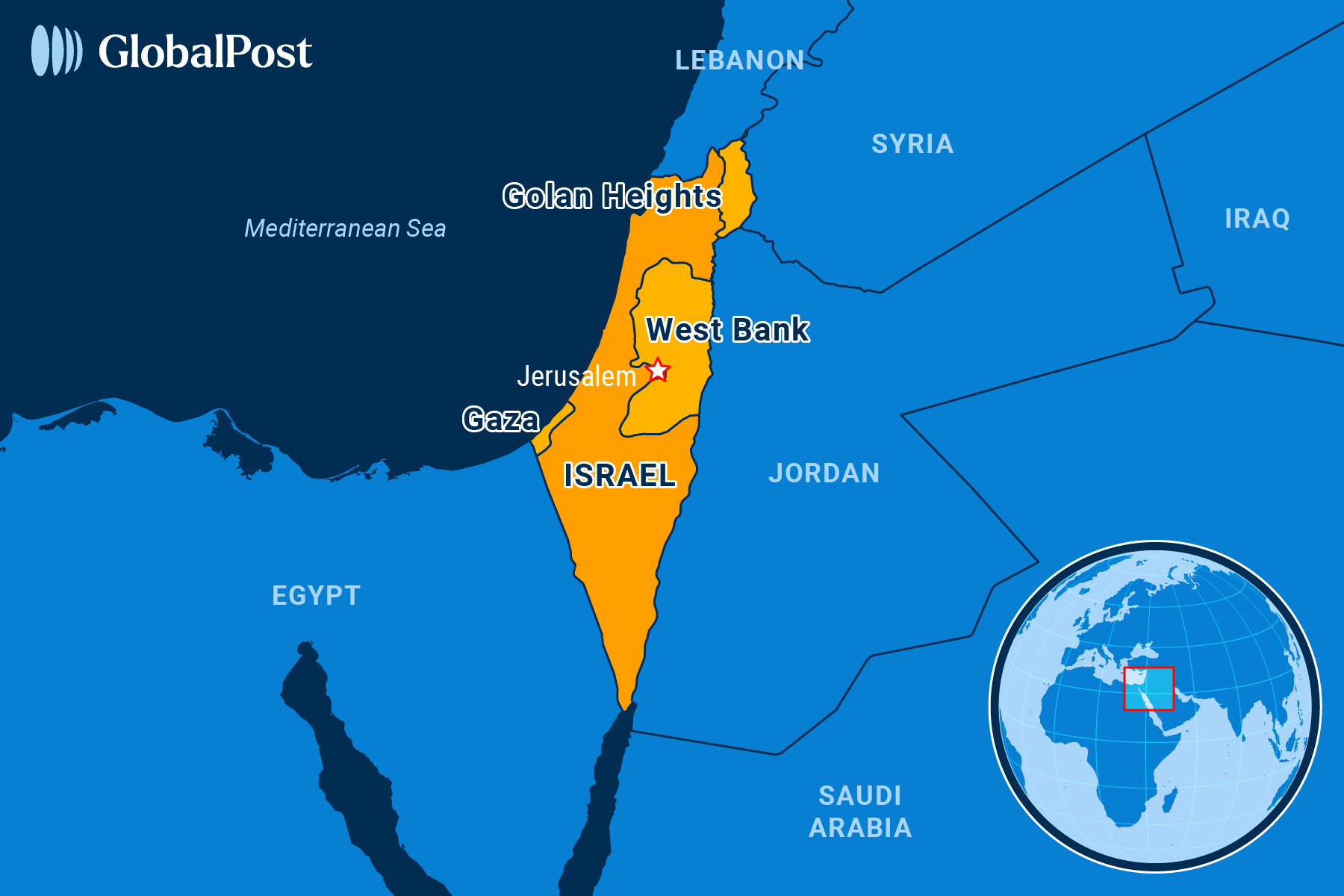
The World Today for August 28, 2024
NEED TO KNOW
Mob Rule
ISRAEL/ WEST BANK

When Moawya Ali saw dozens of armed and masked Israeli settlers rushing toward his house in the West Bank town of Jit on Aug. 15, he grabbed his five children and took them to a nearby house for safety.
When he returned, his house was on fire.
“We are (Israeli Minister of National Security Itamar) Ben-Gvir’s gang,” he heard the settlers shout, as he recounted to CNN. “They told us to leave, to go to Sinai, to Jordan, to Syria – or ‘we will come back for you and kill you.’”
The settlers fired bullets, tear gas and threw Molotov cocktails, setting homes and cars on fire. They attacked those rushing to help put out the flames. Among those was Rashid Sadah, 23, who was shot dead. An investigation is pending.
Meanwhile, soldiers arrived to stop the violence but didn’t arrest anyone. One senior security official told Israel’s Haaretz newspaper, “The soldiers did nothing to prevent the pogrom … They just stood by them, saw everything – and did nothing.”
Afterward, leaders from around the world condemned the attack and vowed to add additional sanctions. The attack also prompted condemnation from top Israeli officials, including Prime Minister Benyamin Netanyahu who warned that “those responsible for any offense will be apprehended and tried.”
That was unusual, wrote +972 magazine. “What was different this time, however, was the immediate condemnations of the attack by Israeli politicians,” it said. “Evidently spooked by the recent wave of US and international sanctions targeting violent settlers and their organizations – and the looming threat that these could soon be leveled at senior government figures and state-funded bodies – Israeli leaders were quick to denounce the latest pogrom.”
Meanwhile, former Palestinian Authority spokeswoman and analyst Nour Odeh dismissed the outrage, saying on the BBC that such attacks happened “on a daily basis.”
“These condemnations (by Israeli leaders) are viewed as performative by the Palestinian public because the track record is that the investigations go nowhere,” she said. “Nobody is prosecuted, nobody is held to account, and these settlers can count on the full support of members of the government to protect them.”
She’s right, according to Human Rights Watch, writing that these attacks are rarely investigated or anyone held responsible. Yesh Din, an Israeli human rights group that documents settler violence, examined more than 1,600 cases in the West Bank between 2005 and 2023, and found that just 3 percent ended in a conviction.
Meanwhile, Israeli officials said a week later they had four suspects in custody, the Jerusalem Post wrote, also calling for swift justice.
The Jit attack, unusual for the reaction it sparked, is part of an escalation of assaults by settlers against Palestinians in the West Bank since Oct. 7, according to the United Nations Office for the Coordination of Humanitarian Affairs, which has recorded 1,143 settler attacks against Palestinians from Oct. 7 to Aug. 5. Of those, at least 114 attacks “led to Palestinian fatalities and injuries,” according to the report.
After the Aug. 15 attack, some of the pro-settler leaders in Netanyahu’s government described it as “criminal anarchist violence.” For example, Finance Minister Bezalel Smotrich, who lives in a settlement close to Jit, said the attackers were “in no way related to the settlements and the settlers.”
Ben-Gvir, named by the attackers as a patron, condemned the attack – but said he “told the (Israeli Defense Forces) Chief of the General Staff … that the fact that we don’t let soldiers shoot any terrorist who throws stones is leading to events of the type that occurred tonight.”
Still, as the Washington Post wrote, the escalation of attacks is part of a strategy by the Israeli government to “dramatically expanded Israel’s footprint” in the West Bank to accelerate “a long-term campaign by the country’s settler movement to thwart the creation of a Palestinian state.”
“The government has approved strategic land seizures – almost 6,000 acres this year alone – and major settlement construction, escalated demolition of Palestinian property and increased state support for illegally built settler outposts,” the newspaper wrote. “Together, they mark the most significant territorial changes in the West Bank in decades … making the two-state solution envisaged in past peace accords effectively impossible.”
That effectively nullifies the US government’s insistence that a resolution to the war in Gaza includes a pathway to an independent Palestinian state, analysts say. Government officials such as Smotrich don’t hide these intentions.
Meanwhile, Israeli human rights groups also say the government is complicit in these attacks. “This is pure settler terrorism – supported by the state, sponsored by our government,” Peace Now said on X.
The day after the violence, Ali and other residents of Jit surveyed the ruins of their homes. Afterward, they gathered with the family of Rashid Sadah to lay him to rest. His mother, Iman, told the New York Times her son had been someone who brought life into the household, someone hopeful about the future.
“He wanted to travel, he wanted to marry,” she said. “I wish he hadn’t gone to help.”
To read the full edition and support independent journalism, join our community of informed readers and subscribe today!
Not already a subscriber?
If you would like to receive DailyChatter directly to your inbox each morning, subscribe below with a free two-week trial.
Support journalism that’s independent, non-partisan, and fair.
If you are a student or faculty with a valid school email, you can sign up for a FREE student subscription or faculty subscription.
Questions? Write to us at [email protected].
